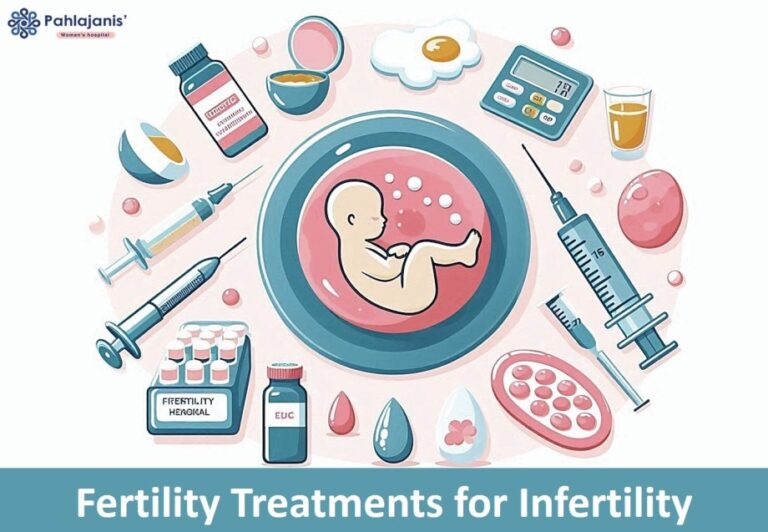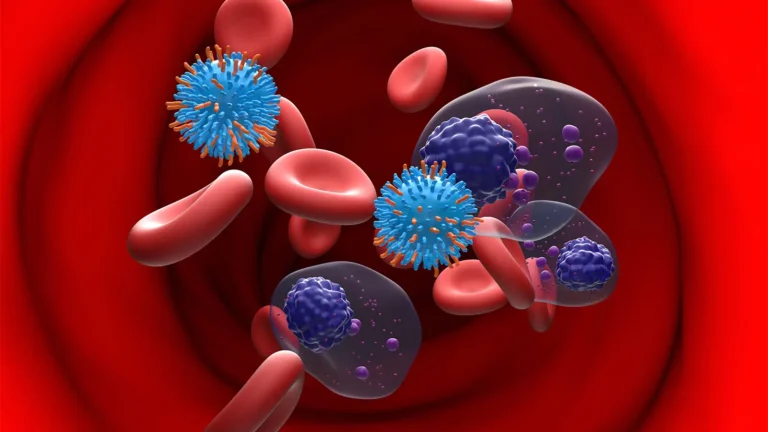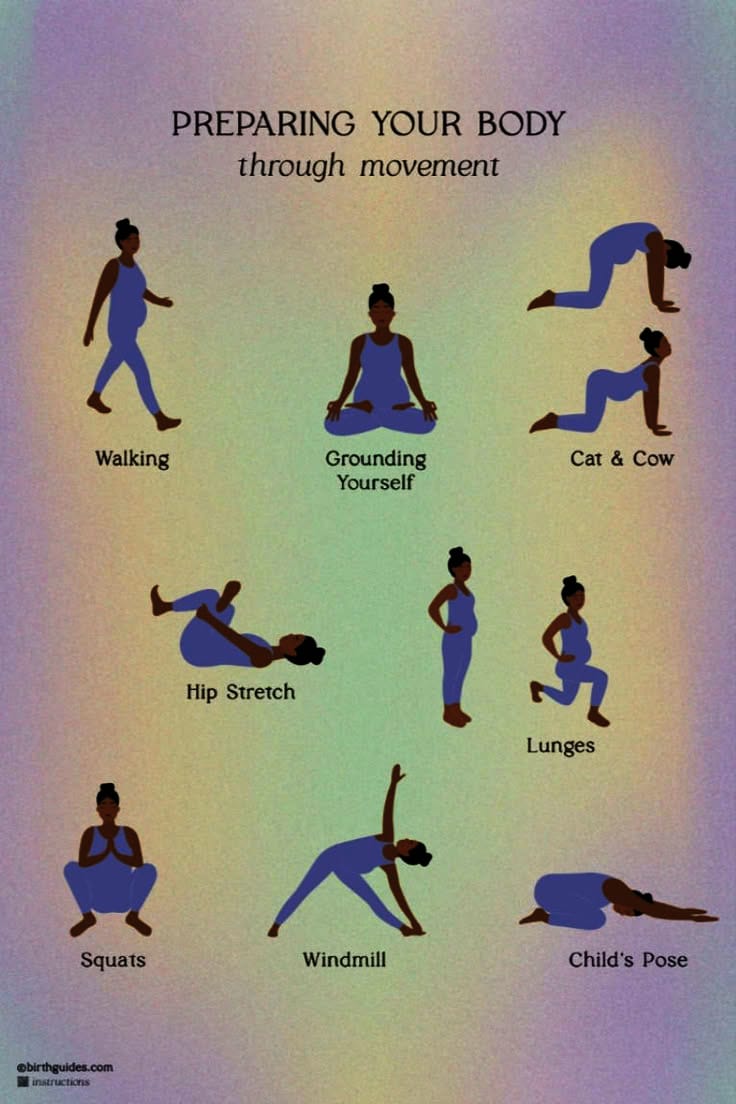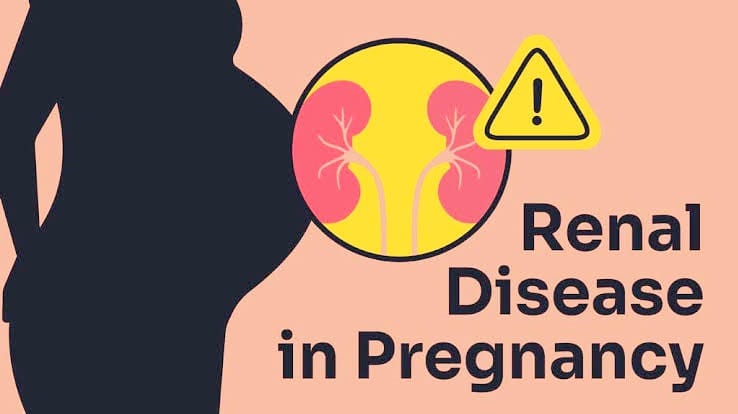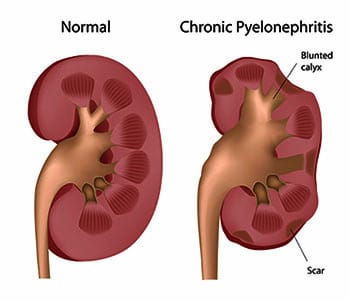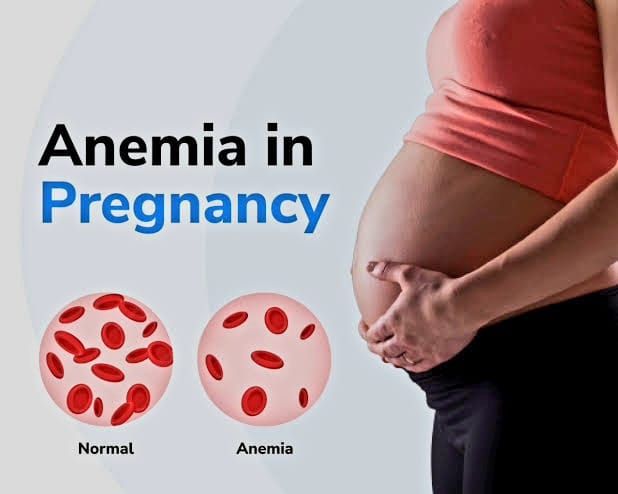Why Some Women Need C-section
The surgical delivery of the baby by making an incision in the mother’s uterus and abdominal wall is called cesarean section (C-section). C-sections can save the lives of women at risk of complications and prevent them from giving birth in dangerous environments. Obstetricians, or doctors who treat pregnant patients before, during and after delivery, as well as some family doctors, also perform C-sections. C-section midwives cannot do.
- Fetal Distress
When giving birth, they may experience distress if they are not getting enough oxygen or their heart rate changes abnormally. Depending on the circumstances, emergency cesarean section may be required for urgent care.
- Placenta Previa
Vaginal delivery can result in significant bleeding if the placenta completely or partially covers the cervix. Generally, a C-section is advised in these situations.
- Birth Defects
In some cases, such as when the baby is diagnosed with congenital heart disease or excess fluid on the brain, doctors will decide to perform a cesarean section to minimize delivery problems.
- Prolonged Labor
“Prolonged labor” or “failure to progress” are terms used to describe labor lasting more than 20 hours in the case of a first-time mother or in a woman who has already given birth. There is a mill. Although an emergency cesarean section will not always be necessary, this treatment can prevent a potentially fatal scenario from occurring.
- Fetal Size
A C-section may be advised if the baby is significantly larger than normal (macrosomia), as a vaginal birth may be unsafe or difficult.
Conclusion
Unlike vaginal deliveries, C-sections carry different risks, including infection, blood loss, and a longer recovery period. Nevertheless, in rare cases, they can save lives. Therefore, the decision to opt for a C-section is usually made after careful consideration of the pros and cons for both the mother and the newborn.


